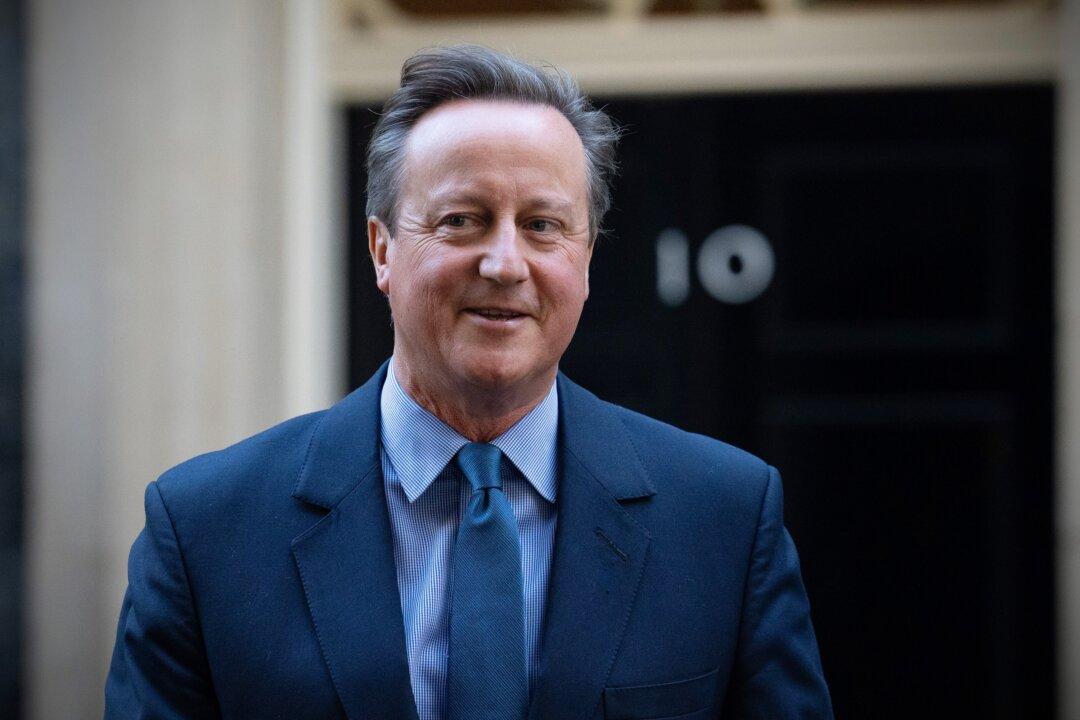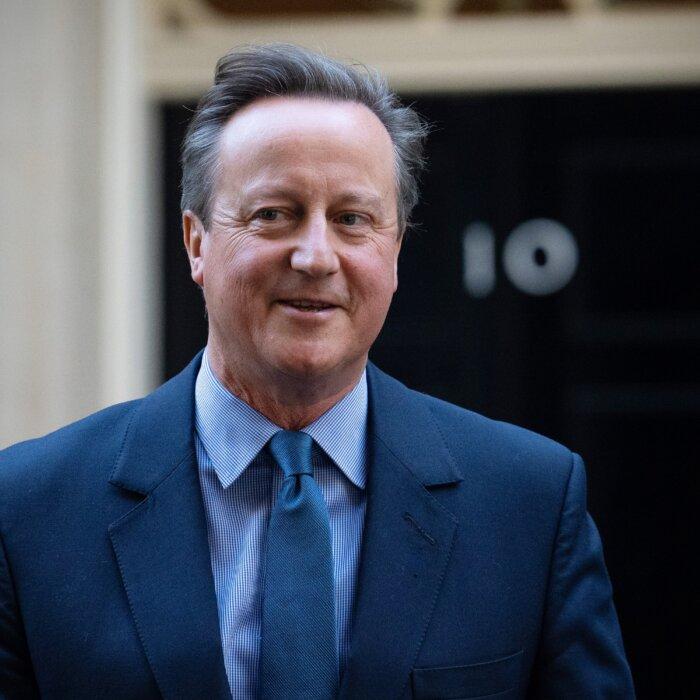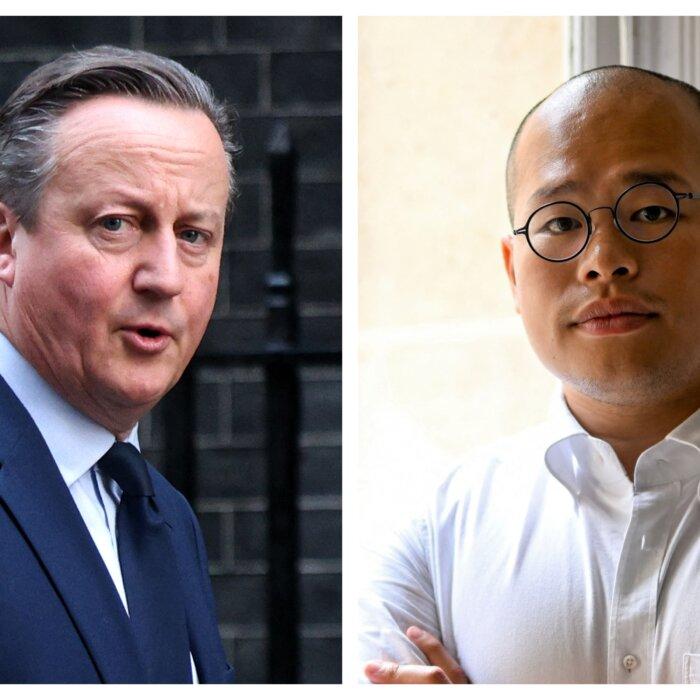Foreign Secretary Lord Cameron has said he doesn’t regret promoting a port development project in Sri Lanka that has links to China.
Lord Cameron was appearing before the Foreign Affairs Committee on Tuesday and was grilled about his and the UK’s diplomatic relationship with China.
Appearing for the first time under the role given to him last November, Lord Cameron said that China is now “aggressive.”
‘More Assertive and Aggressive’
He said that when he was prime minister in 2010, the main priority was getting investment into the country with “some good wins on trade, investment, and what have you, but a lot has changed since then.”“We’ve had the situation with the Uyghurs, we’ve had the situation with Hong Kong, we’ve had the warrior diplomacy, we’ve had a China that is a lot more assertive and aggressive in lots of different ways,” he said.
However, he said that China is “still a fifth of humanity.”
“We’re not going to solve climate change without talking with the Chinese. We’re not going to work out the rules of the road on AI without engaging with the Chinese. I think that’s how the policy should go and it’s challenging because there are a lot of issues between us at the moment, but that’s what diplomacy is all about,” he added.
Lord Cameron’s appointment as vice chair of the £1 billion China–UK investment fund was brought into question.
Taking questions from Commons Foreign Affairs Committee Chair Alicia Kearns and fellow member, the SNP’s Brendan O’Hara, he was asked if his appointment was “in some part engineered by the Chinese to lend credibility to Chinese investment, as well as to the broader China brand.”
Sri Lanka
He was also grilled about links to the Port City Colombo project in Sri Lanka, which is being built by a Chinese company. Critics are concerned that it may one day act as a Chinese military outpost in line with the Belt and Road Initiative.He told the committee that he didn’t regret the speaking engagement.
LGBT in China
Ahead of the committee, MP Julian Knight asked the minister of state at the Foreign, Commonwealth, and Development Office (FCDO) if the department had assessed the potential merits of continuing to send foreign aid to China.Minister of State for Indo-Pacific Anne-Marie Trevelyan replied that from April 2021, the FCDO committed to cut Official Development Assistance (ODA) funded programmes in China by 95 percent from the 2021–2022 financial year.
“Since then, all new ODA programming in China supports activities that further our human rights objectives, for example on LGBTQ+ or disability rights. In addition to programme spend, FCDO ODA to China includes other types of spend counted as ODA, such as Chevening scholarships,” she said.
She added that the FCDO also spends non-ODA funding “furthering our China human rights objectives, including research into Xinjiang and Tibet. The UK stopped direct aid to the Chinese Government in 2011.”
The FCDO did not respond to The Epoch Times with details on how ODA programming funds are spent on LGBT and disability rights in China.







